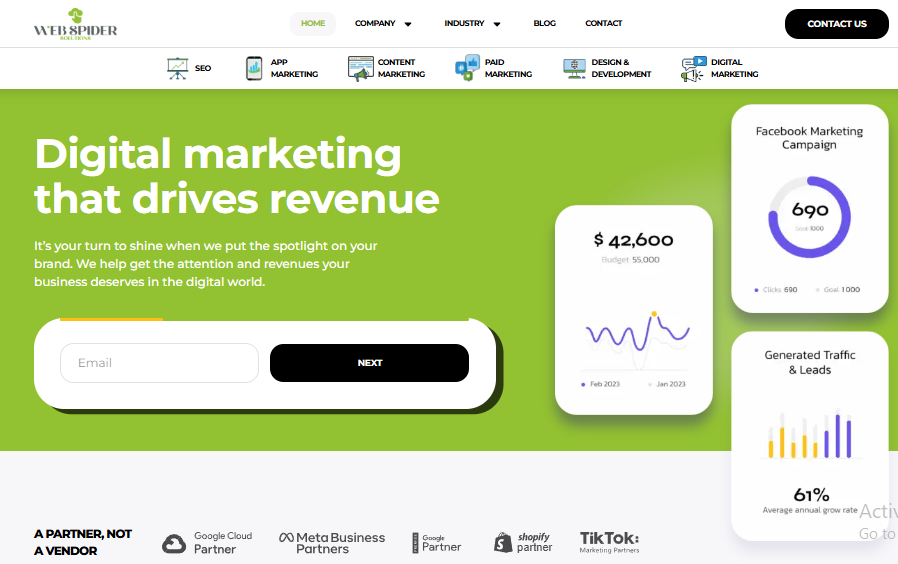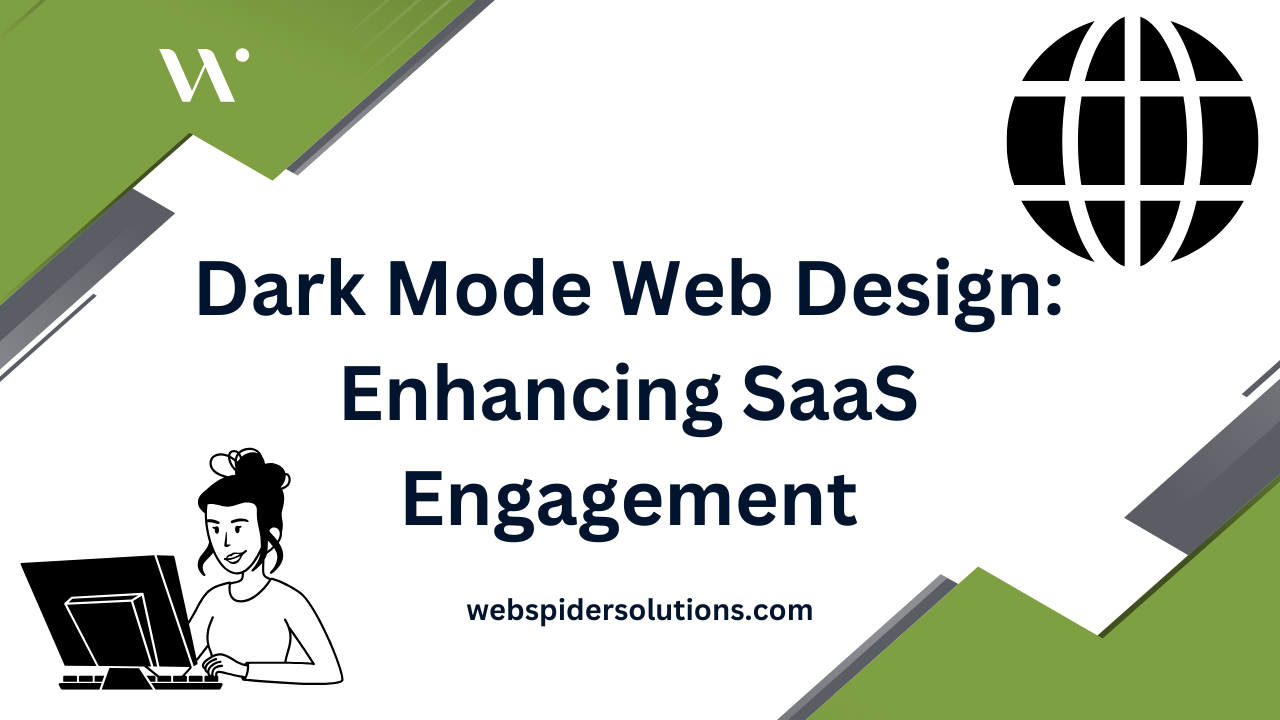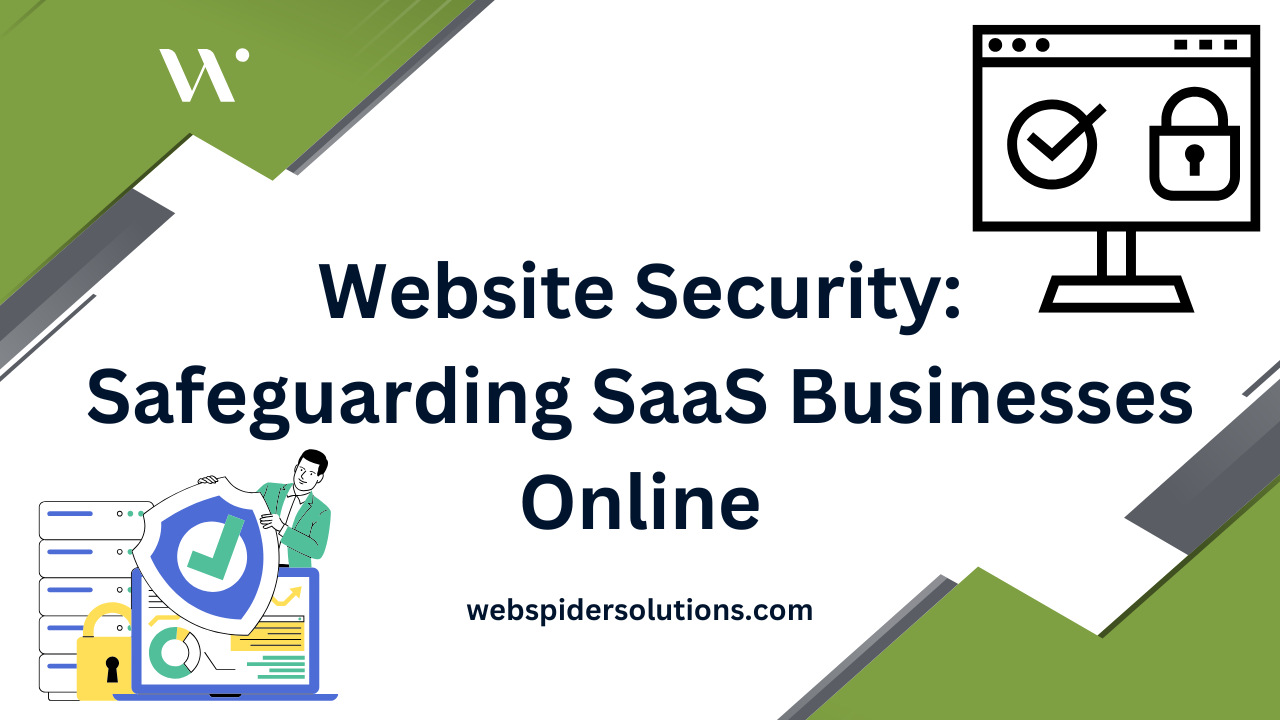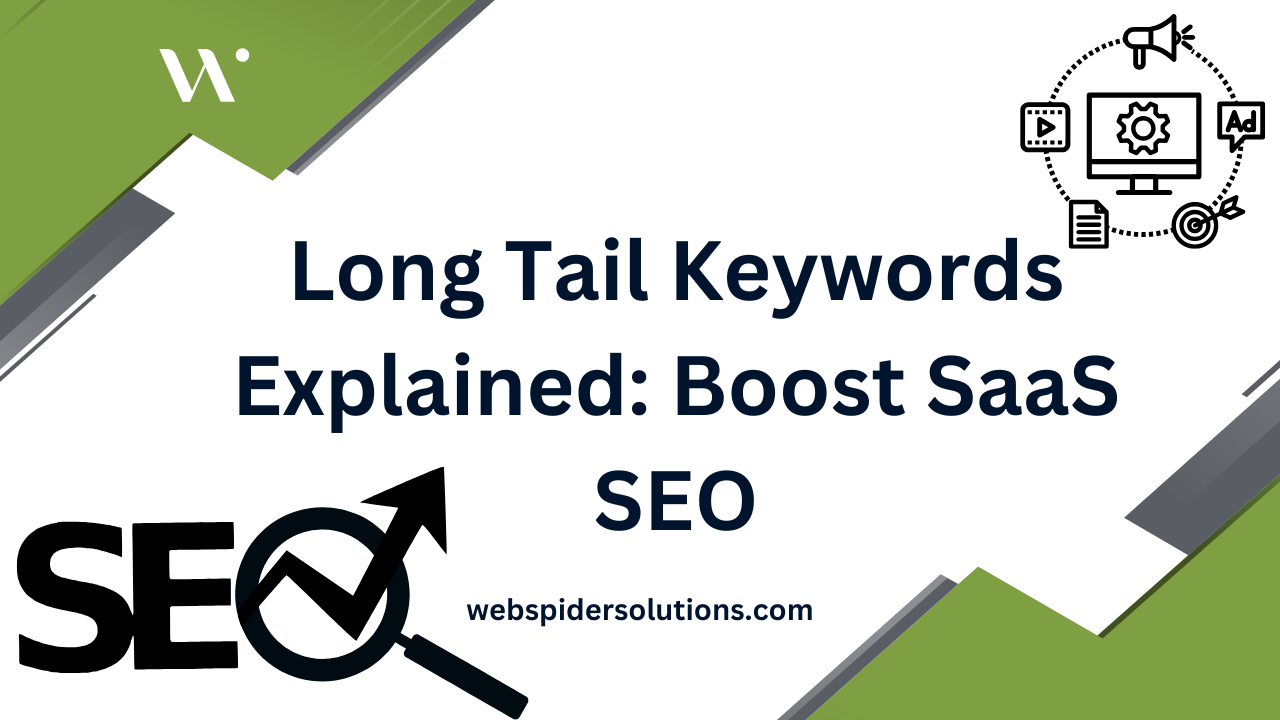Mobile apps dominate daily routines for billions worldwide and businesses are racing to grab attention in a crowded digital world. Shockingly, over 90 percent of mobile time is spent inside apps rather than web browsers. Yet most businesses still focus their marketing on old school web tactics and forget the real action happens inside the apps people use all day long.
Table of Contents
- Understanding What Is App Marketing
- Key App Marketing Channels And Strategies
- Benefits Of App Marketing For Businesses
- How To Build An Effective App Marketing Plan
Quick Summary
| Takeaway | Explanation |
|---|---|
| App marketing enhances user acquisition. | A strategic approach helps attract potential users to download the application and engage with it effectively. |
| App store optimization is crucial for visibility. | Employing techniques such as keyword research and visual optimization increases app discoverability in app stores. |
| Data tracking improves user engagement. | Integrating analytics allows businesses to understand user behavior and make data-driven decisions for better retention. |
| Mobile apps create direct communication channels. | They offer businesses the opportunity to communicate with users through personalized notifications and feedback loops. |
| A dynamic marketing plan is essential. | Continuous adaptation and optimization based on feedback and analytics help maintain relevance in a changing market. |
Understanding What Is App Marketing
App marketing represents a strategic approach businesses use to promote mobile applications, increase user acquisition, and drive engagement across digital platforms. This specialized form of digital marketing focuses on attracting potential users, encouraging downloads, and maintaining long term user retention through targeted promotional techniques.
The Core Mechanics of App Marketing
At its fundamental level, app marketing involves a comprehensive set of tactics designed to create awareness, generate interest, and convert potential users into active app users. The mobile app promotion strategy encompasses multiple channels and techniques that work synergistically to achieve specific business objectives.
Businesses must recognize that app marketing goes beyond simple advertisement. According to the Federal Trade Commission, successful app marketing requires transparent communication about data practices, user privacy, and delivering genuine value to consumers. This means creating applications that not only solve user problems but also build trust through responsible marketing practices.
Strategic Approach to App Promotion
Effective app marketing involves understanding user behavior, preferences, and digital consumption patterns. Businesses need to develop a multifaceted approach that includes:
- User Acquisition: Identifying and targeting potential users through precise demographic and psychographic segmentation
- Visibility Enhancement: Utilizing app store optimization techniques to improve discoverability
- Engagement Strategies: Developing compelling content and interactive experiences that encourage continued app usage
According to research from MIT, successful app marketing transcends traditional promotional methods by focusing on building trust and providing genuine utility to consumers. This approach requires a deep understanding of user needs and creating applications that solve real world problems.
The Business LibreTexts resource emphasizes that mobile marketing is not just about creating an app but about designing a comprehensive digital experience. This involves responsive web design, mobile friendly communication channels, and creating memorable user interactions that extend beyond the initial app download.
Ultimately, app marketing is a dynamic and complex process that requires continuous adaptation, strategic planning, and a user centric approach. Businesses must remain agile, leveraging data insights, technological innovations, and user feedback to refine their mobile application’s market positioning and user experience.
Key App Marketing Channels and Strategies
App marketing demands a strategic approach that leverages multiple digital channels to maximize user acquisition, engagement, and retention. Businesses must develop a comprehensive strategy that integrates various platforms and techniques to effectively promote their mobile applications.
Digital Advertising Channels
Digital advertising represents a critical component of app marketing, offering multiple pathways to reach potential users. Mobile app marketing services typically incorporate a mix of targeted strategies across different platforms. According to OpenStax’s Principles of Marketing, effective mobile marketing requires a nuanced approach that goes beyond traditional advertising methods.
Key digital advertising channels include:
To help you quickly compare different digital advertising channels discussed in the app marketing context, here’s a summary table outlining their focus and main advantages:
| Channel | Main Focus | Key Advantages |
|---|---|---|
| Social Media Advertising | Targeted user groups | Precise targeting and high user engagement |
| Search Engine Marketing | Users searching for apps | Direct visibility to relevant audiences |
| Display Network Advertising | Broad web/app audience | Wide reach and programmatic targeting |
- Social Media Advertising: Platforms like Facebook, Instagram, and Twitter offer precise targeting options for app promotion
- Search Engine Marketing: Google Ads and Apple Search Ads provide direct visibility to users actively searching for similar applications
- Display Network Advertising: Programmatic advertising allows for highly targeted app install campaigns across multiple websites and apps
App Store Optimization Strategies
App store optimization plays a crucial role in increasing app visibility and driving organic downloads. As highlighted by the Federal Trade Commission, successful app marketing requires transparency and user-centric approaches.
Effective optimization strategies include:
- Keyword Research: Identifying and incorporating relevant search terms that potential users might use
- Visual Optimization: Creating compelling app icons, screenshots, and preview videos
- Localization: Adapting app store listings for different languages and regional markets
Performance Tracking and User Engagement
Advanced app marketing goes beyond initial acquisition, focusing on long-term user engagement and retention. Mobile attribution tools provide critical insights into user behavior and campaign performance.
Key tracking and engagement techniques include:
- Analytics Integration: Implementing robust tracking to understand user journeys and behavior patterns
- Push Notification Strategies: Developing targeted communication to re-engage users
- Continuous Improvement: Using data insights to refine app features and marketing approaches
Successful app marketing requires a holistic approach that combines targeted advertising, strategic optimization, and data-driven engagement. Businesses must remain adaptable, continuously testing and refining their strategies to meet evolving user expectations and technological advancements. The most effective app marketing approaches create a seamless experience that provides genuine value to users while meeting their specific needs and preferences.
Benefits of App Marketing for Businesses
App marketing provides businesses with a powerful strategy to enhance digital presence, drive customer engagement, and create new revenue streams. By leveraging mobile technologies and targeted promotional techniques, companies can unlock significant competitive advantages in an increasingly digital marketplace.
Enhanced Customer Engagement and Interaction
Modern businesses recognize that mobile applications offer unprecedented opportunities for direct customer communication. Mobile advertising services enable companies to create personalized, interactive experiences that go beyond traditional marketing approaches. According to William & Mary’s research, mobile marketing strategies can significantly boost user engagement and conversion rates.
The primary engagement benefits include:
- Direct Communication Channel: Instant notifications and personalized messaging
- Real-time Customer Feedback: Immediate insights into user preferences and behaviors
- Interactive Brand Experience: Creating memorable digital touchpoints that strengthen customer relationships
Competitive Advantage and Market Expansion
App marketing provides businesses with strategic tools to differentiate themselves in crowded markets. Mobile app marketing services help companies reach broader audiences and penetrate new market segments more effectively than traditional marketing channels.
Key competitive advantages include:
- Global Reach: Overcoming geographical limitations through digital platforms
- 24/7 Accessibility: Providing customers continuous interaction with brand services
- Data-Driven Insights: Collecting valuable user behavior information for strategic decision making
Revenue Generation and Business Growth
Beyond marketing, mobile applications serve as powerful revenue generation tools. Businesses can monetize apps through various models such as in-app purchases, subscription services, and targeted advertising. The strategic deployment of app marketing techniques transforms mobile platforms from mere communication channels into robust revenue streams.
Potential revenue streams include:
- Direct Sales Channels: Enabling seamless purchasing experiences
- Subscription Models: Creating recurring revenue opportunities
- Advertising Partnerships: Generating income through strategic mobile advertising
Successful app marketing requires a holistic approach that balances technical innovation, user experience design, and strategic promotion. Businesses must view mobile applications not just as marketing tools but as integral components of their overall digital strategy. By investing in comprehensive app marketing approaches, companies can create meaningful digital experiences that drive customer loyalty, generate revenue, and establish strong market positioning in an increasingly mobile-first world.
Below is a simple table summarizing the main benefits businesses achieve through app marketing, based on the content in this section:
| Benefit Category | Key Advantages |
|---|---|
| Customer Engagement | Direct communication, real-time feedback, interactive experience |
| Competitive Advantage | Global reach, 24/7 accessibility, data insights |
| Revenue Generation | Direct sales, subscriptions, advertising partnerships |
How to Build an Effective App Marketing Plan
Building an effective app marketing plan requires a strategic, comprehensive approach that addresses multiple facets of digital promotion and user acquisition. Businesses must develop a structured methodology that combines targeted research, precise targeting, and adaptive strategies to successfully launch and maintain their mobile application.
Market Research and Target Audience Identification
The foundation of any successful app marketing plan begins with thorough market research and precise audience segmentation. Digital marketing strategy experts emphasize the critical importance of understanding your potential users before developing promotional tactics.
According to the University of Florida’s marketing guide, essential steps include:
- Demographic Analysis: Identifying precise user characteristics such as age, location, income, and technological preferences
- Competitive Landscape Assessment: Analyzing existing applications in your market segment
- User Need Mapping: Understanding specific pain points your app resolves
Strategic Development and Privacy Considerations
Developing an app marketing strategy requires balancing promotional objectives with user privacy and trust. The Federal Trade Commission provides critical guidance on maintaining transparency and protecting user data.
Key strategic elements include:
- Clear Value Proposition: Articulating unique app benefits
- Privacy Policy Transparency: Developing clear, understandable data usage guidelines
- Consent Mechanisms: Implementing user-friendly data collection permissions
Implementation and Continuous Optimization
Mobile app marketing services recommend a dynamic approach to plan implementation that allows for continuous refinement. The U.S. Department of Energy’s marketing guidance highlights the importance of adaptive strategies.
Critical implementation strategies include:
- Multi-Channel Promotion: Leveraging diverse marketing platforms
- Performance Tracking: Implementing robust analytics
- Iterative Improvement: Regularly updating marketing approaches based on user feedback and performance metrics
An effective app marketing plan transcends traditional promotional techniques. It represents a holistic approach that combines technical understanding, user-centric design, and strategic communication.

Successful businesses recognize that app marketing is an ongoing process of understanding, engaging, and delivering value to their target audience. By maintaining flexibility, embracing data-driven insights, and prioritizing user experience, companies can develop marketing strategies that not only attract users but also build long-term engagement and brand loyalty.

Frequently Asked Questions
What is app marketing?
App marketing is a strategic approach that businesses use to promote their mobile applications, increase user acquisition, and drive engagement through various digital platforms.
Why is app store optimization important?
App store optimization is crucial for improving the visibility of your app in app stores, thus increasing organic downloads. It involves techniques like keyword research, visual optimization, and localization.
How can businesses track user engagement in their apps?
Businesses can track user engagement by integrating analytics tools that provide insights into user behavior, journeys within the app, and overall campaign performance, allowing for data-driven decisions.
What are the key benefits of app marketing for businesses?
The key benefits of app marketing include enhanced customer engagement, competitive advantages in the market, and increased revenue generation through various monetization strategies such as subscriptions and in-app purchases.
Ready to Turn App Users into Loyal Customers?
Reaching your real audience in today’s crowded digital world feels impossible when your app struggles to stand out. Many businesses try general tactics and wonder why downloads stall or users churn quickly. As discussed above, true growth comes from tailored app marketing strategies that blend app store optimization, data-driven targeting, and engaging creative—all designed to connect your app directly with the right users. If you want your app to become a source of long-term business growth and not just another download, it is time to act.

If you are serious about climbing the app charts and building a loyal user base, Web Spider Solutions offers the expertise you need. Explore proven methods and stay ahead of competitors with our Paid Advertising solutions that drive targeted installs and revenue. Do not let your hard work go unnoticed. Visit Web Spider Solutions now and request a free consultation to unlock the power of effective app marketing before your rivals steal the spotlight.











